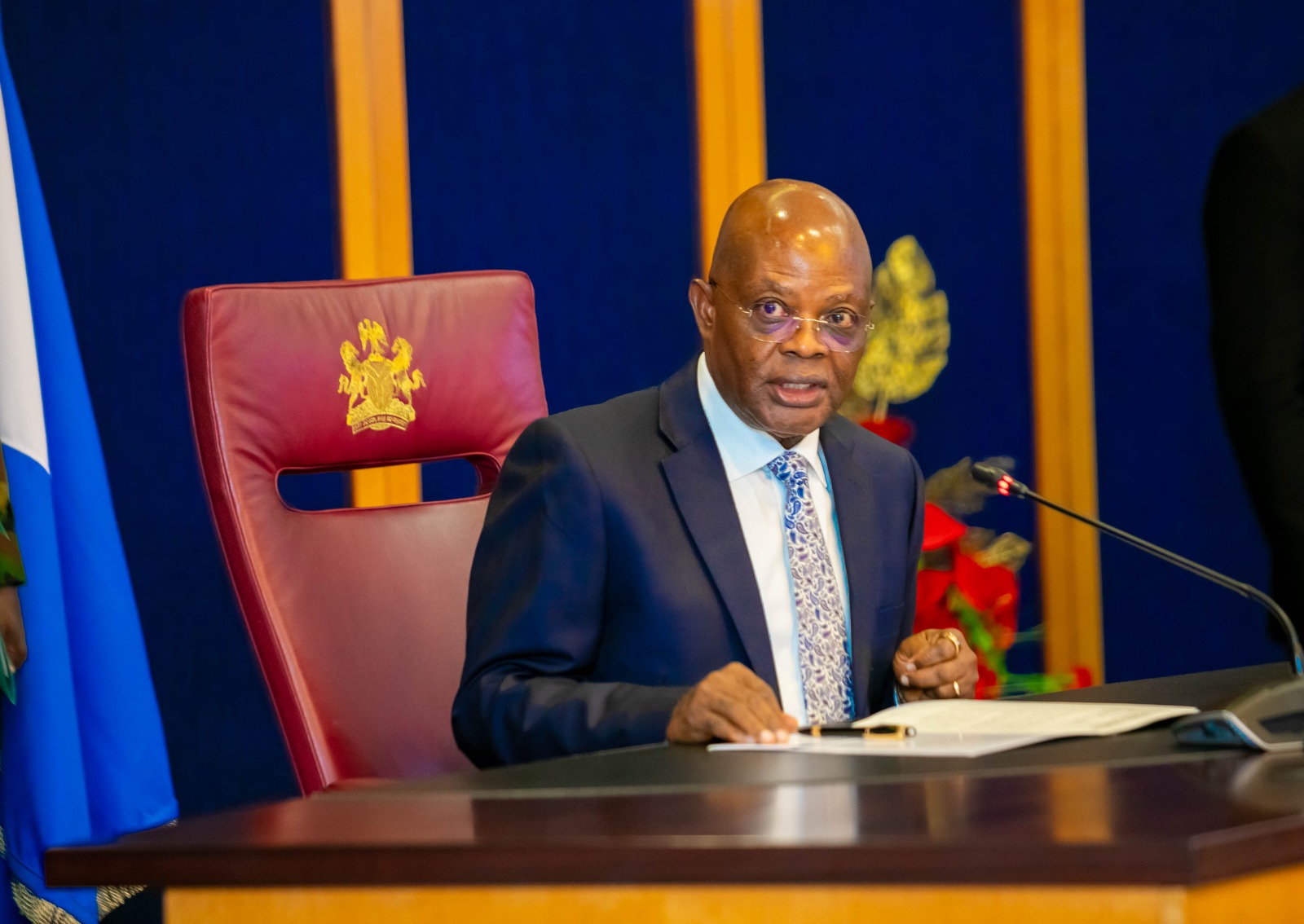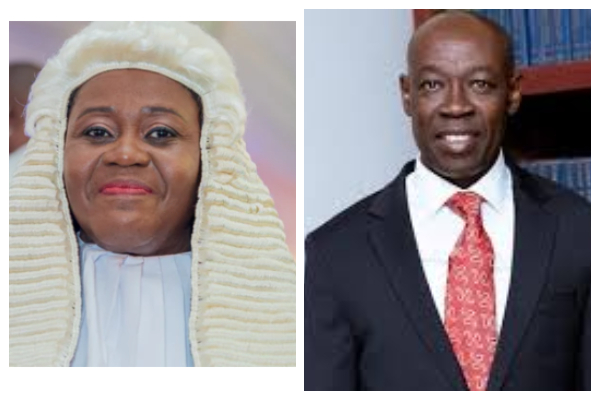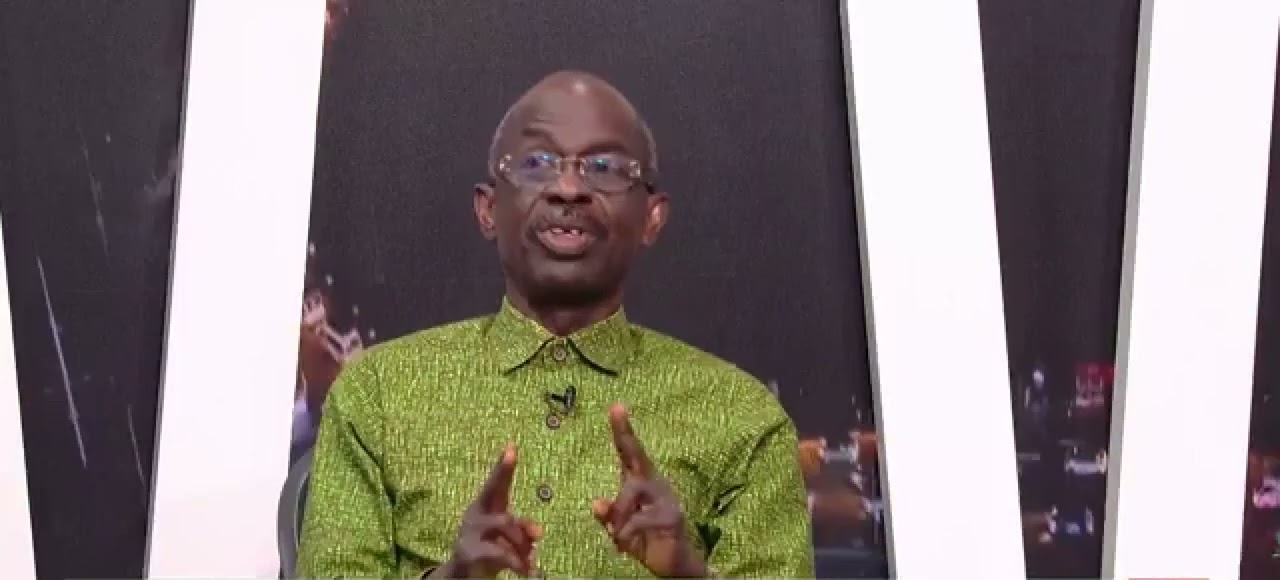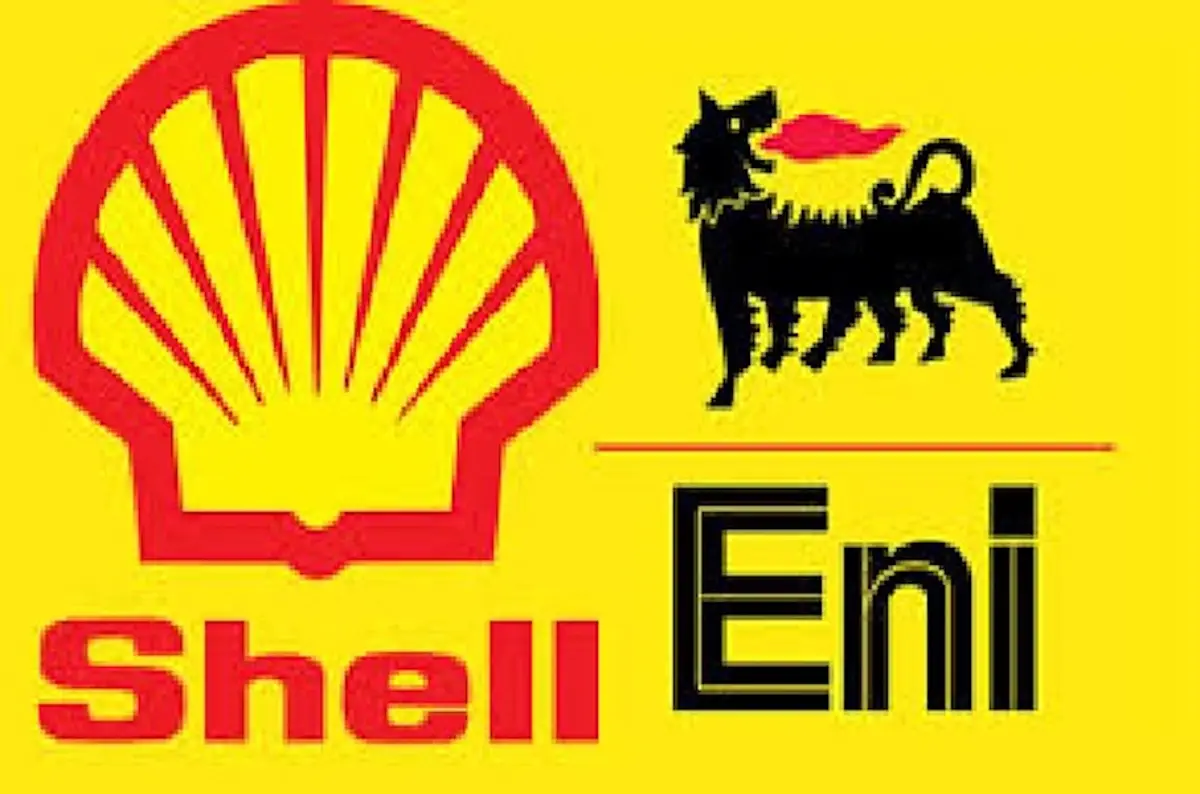Two CSOs call for withdrawal of PURC's July tariff adjustment over transparency concerns
Two leading civil society organisations have raised concerns over the Public Utilities Regulatory Commission’s (PURC) latest electricity tariff adjustment, describing the process as “lacking transparency and fairness.”
CUTS International Accra and the Centre for Environmental Management and Sustainable Energy (CEMSE) have jointly called on the PURC to suspend the implementation of the 2.43 per cent tariff increase, set to take effect from July 1, 2025.
According to the organisations, the decision disregards key macroeconomic indicators that ordinarily inform such reviews.
They noted that recent gains made by the Ghanaian cedi against the US dollar, coupled with falling inflation, warranted a reduction — not an increase — in end-user electricity tariffs.
They referenced Section 3(c) of the PURC Act 538 of 1997, which mandates that electricity pricing must be fair to all parties — government, producers, and consumers alike.
In the joint statement, Mr Appiah Kusi Adomako, West Africa Regional Director for CUTS International, and Mr Benjamin Nsiah, Executive Director of CEMSE, argued that the recent tariff adjustment failed to reflect these statutory principles.
They observed that the cedi appreciated by more than 30 per cent between the first and second quarters of 2025 — from GH¢15.70 to GH¢10.31 per US dollar.
This, they said, led to excess payments by consumers in previous quarters, resulting in a significant financial buffer that could have been used to address outstanding arrears or fuel procurement needs.
The statement also noted discrepancies in the inflation data used for the review.
“While national inflation had declined to 18.4 per cent, the PURC reportedly applied a higher rate of 20.67 per cent — contrary to the declining trend and inconsistent with earlier quarters.”
The two CSOs also questioned the relevance of the gas cost component in the tariff calculation, noting that the Weighted Average Cost of Gas had increased by just one per cent — a change they deemed marginal.
They said this, in context with the strong cedi performance, further weakened the case for a tariff increase.
They also raised concerns about the lack of public disclosure surrounding a GH¢488 million arrears component cited by the PURC.
According to the statement, this figure fails to account for the estimated GH¢1 billion windfall realised due to favourable exchange rate movements in the previous quarter.
The statement criticised the PURC for failing to engage stakeholders ahead of introducing new pricing variables — particularly fuel cost and reserve margin allocations.
It noted that no simulations, procurement details, or unit cost breakdowns were made available to support these components of the adjustment.
The CSOs warned that persistent increases in tariffs, without addressing underlying structural inefficiencies, could undermine the sustainability of Ghana’s energy sector.
They urged the PURC to focus on tackling longstanding commercial and technical losses rather than shifting the burden onto consumers.
They called for a halt to the tariff increase and demanded full disclosure of the assumptions, methodology, and cost breakdown underpinning the third-quarter tariff decision.








